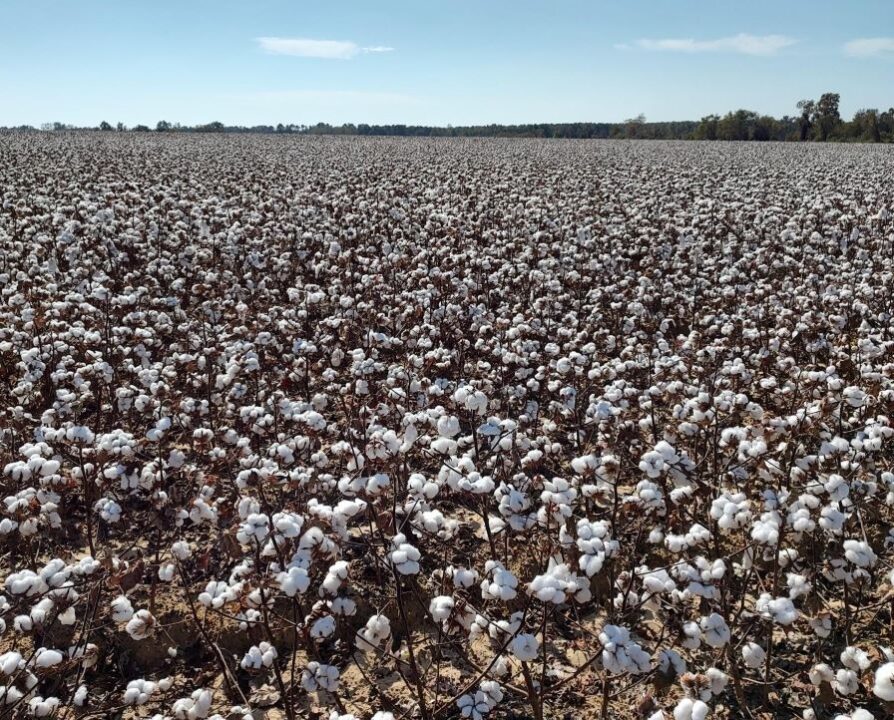Bangladeshi Spinners Caught in Price Crunch
Virtually no countries escaped from the amazing cotton price spike and drop we’ve experienced in the past year, but few have been squeezed harder than Bangladesh. The country has a vibrant textile industry and is known for its high-quality clothing and fabrics, but there is virtually no cotton production there. For every bale produced locally, spinners import 30 bales from other countries.
As a result, they were forced to buy massive amounts of cotton at very high prices, and by the time the cotton was received and spun into yarn, prices had fallen precipitously. Yarn that sold at $7/kg just a few months ago can no longer demand even half of that price, with prices slumping daily for the better part of the last three months, according to a story published in The Daily Star.
The spinning sector can’t recover the money spent on purchasing high-priced cotton because local weavers and knitters can purchase yarn at cheaper prices from China and India. This problem is made worse by the relaxing of the European Union’s rules of origin for least developed countries (LDCs), which went into effect in January. The 12.5 percent duty on imported fabrics from Bangladesh and other LDCs has been waived, so local textile manufacturers – who were previously bound to buy their raw materials locally – now enjoy zero-duty benefits from Europe.
Year-over-year, yarn imports in the first half of 2011 are up more than 18 percent. Even more striking is that during that same timeframe, imports of woven and knit fabrics increased by 51 percent and 293 percent, respectively. As a result, the stockpile of cotton yarn has reached 250,000 tonnes, despite the fact that many spinners have cut their operating capacity to 40 percent or less.
Because so many spinners bought whatever cotton they could when prices were rising – much of it on the futures market – there is now more than 200,000 tonnes of cotton under contract for delivery. Much of it was purchased at the price peak of $2.20/lb, and considering that finished cotton yarn is currently selling for $1.50/lb, it’s easy to see the problem … but difficult to see a solution.









